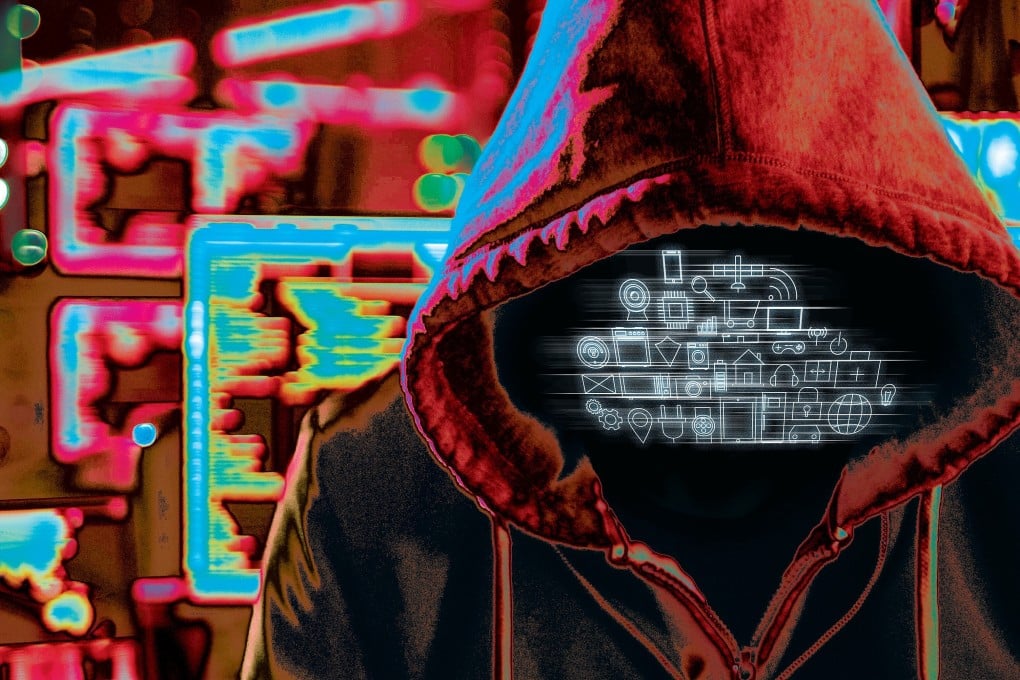Inside China Tech: China, US trade barbs over cybersecurity
- China’s foreign ministry calls the US an “empire of hacking”, after a US cybersecurity advisory warning of vulnerabilities exploited by Chinese hackers
- Renowned analyst Kuo Ming-chi predicts China will account for 35 to 45 per cent of the global demand for the iPhone 12 Pro

Good morning, this is Melissa Zhu from SCMP’s tech desk in Hong Kong rounding up our leading stories about China tech. This week, we have China calling the US an “empire of hacking”, legendary Apple guru Kuo Ming-chi’s assessment of the iPhone 12’s prospects, and how Huawei’s woes have put a dent in its founder’s personal wealth.
The empire strikes back?
China’s foreign ministry has called the US an “empire of hacking”, saying a US National Security Agency (NSA) cybersecurity advisory warning of certain vulnerabilities exploited by Chinese state-backed hackers is ironic in the aftermath of the Prism surveillance programme.
The NSA advisory, published on Tuesday, details 25 cyber vulnerabilities that have been “recently leveraged, or scanned-for, by Chinese state-sponsored cyber actors”. The list includes vulnerabilities that are already publicly known, such as bugs in software like Microsoft’s Windows or Citrix Systems, and they are directly accessible from the internet.
The report recommends that US government officials protect their systems against these common vulnerabilities that state-backed hackers could use to steal intellectual property and economic, political, and military information.

00:36
China demands ‘sufficient evidence’ over Vatican hacking accusations
“It is indeed ironic news that the US National Security Agency, as the main implementer of the Prism programme and the world’s largest cyber espionage agency, publicly accuses other countries of cyber espionage,” Chinese foreign ministry spokesman Zhao Lijian said during a press conference on Wednesday.
Prism was one of the surveillance programmes revealed in leaks by former NSA contractor Edward Snowden in 2013, exposing how the NSA collected internet communications from technology companies like Google, Facebook and Microsoft.
Accusations of cybercrimes have been heating up between the US and China as ongoing tensions take a toll on major Chinese tech firms like Huawei and ByteDance, the owner of TikTok.
Read what each side had to say in Masha Borak’s full story: